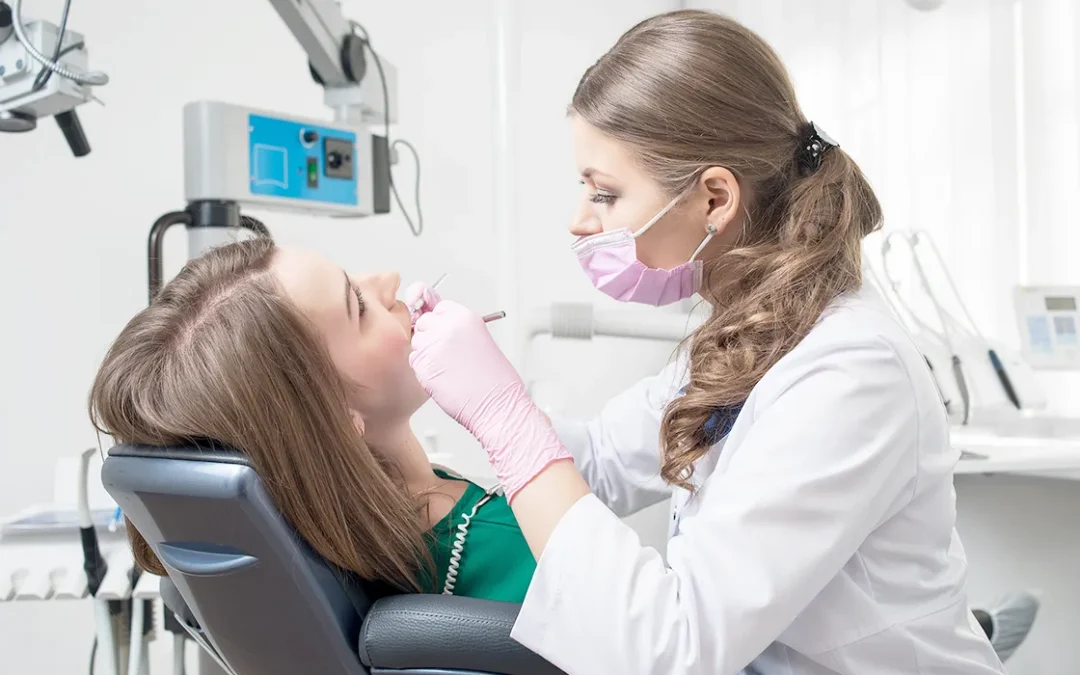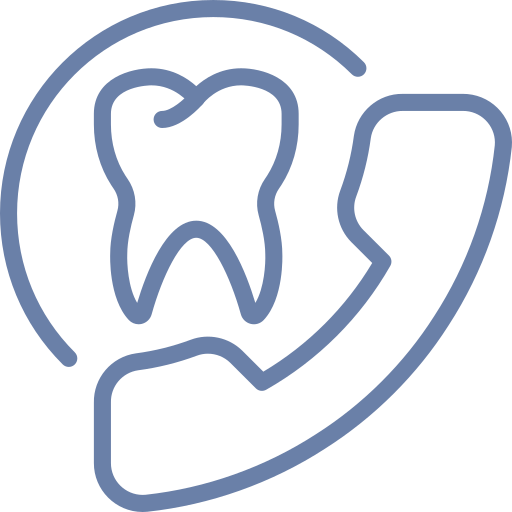When we think tooth loss, we usually picture kids waiting for the tooth fairy or older adults whose teeth have already had a good innings. But when it happens in your teens or twenties, it can feel like a life interrupted.The truth is, tooth loss affects young people too—and the consequences go far beyond aesthetics.
In Australia, data from the 2017–18 National Study of Oral Health shows that adults aged 15 to 24 have an average of 2.5 missing teeth. That’s more than just a number—it’s a sign that serious oral health challenges are affecting people far earlier than many realise.
So, what happens when young adults lose teeth? Let’s explore the real physical, emotional, and long-term impacts of missing teeth in this age group.
Smile shaken, confidence taken
Your smile plays a big role in how you show up in the world — it’s often the first thing people notice. For young adults, this matters even more, as self-image, social confidence, and emotional wellbeing are still developing. Missing teeth, especially in visible areas, can deeply affect how someone feels about their appearance and how comfortably they engage with others.
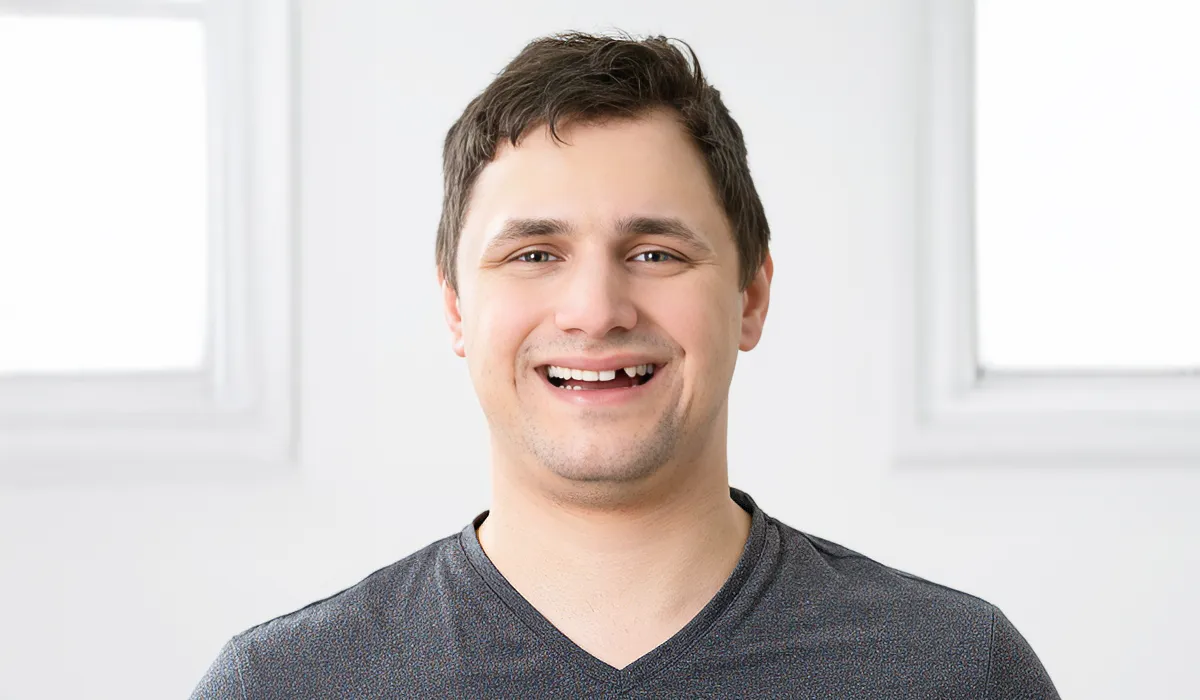
How missing teeth affect confidence:
- Visible gaps, especially in the front teeth, can make young adults feel embarrassed about their appearance.
- This self-consciousness often leads to hesitation when smiling, laughing, or speaking, especially in group settings.
- As a result, many begin to withdraw from social activities, avoid being in photos, and even lose confidence in job interviews, dating, and public speaking.
Mental health link:
Beyond surface-level insecurity, the emotional toll of missing teeth can contribute to deeper psychological effects. Research shows that poor oral health is strongly linked to increased rates of anxiety and depression, particularly when it affects a person’s sense of identity or public image. For young adults navigating friendships, relationships, and careers, this can be especially harmful.
Functional problems: Eating and speaking
Teeth give you more than just good looks, they’re essential for everyday functions like eating and speaking. When even one tooth is missing, especially in visible or functional areas, it can cause disruptions that affect health and confidence.
Missing teeth can cause:
- Chewing becomes more difficult, particularly with crunchy, fibrous, or nutrient-rich foods. This often leads to dietary limitations, where young adults may avoid healthy meals in favour of softer, processed alternatives.
- Speech can be affected, especially if the missing tooth is near the front. Certain sounds—like “th,” “f,” or “s”—may become harder to pronounce clearly, making communication more stressful or uncomfortable.
- Long-term impact: These issues can quietly influence overall wellbeing. Poor nutrition affects physical health, while discomfort with speaking can lead to reduced participation in school, work, or social situations, ultimately affecting personal growth and opportunities.

Oral health domino effect
Losing a tooth as a young adult might seem like a single issue, but in reality, it can trigger a chain reaction of new dental problems over time. Without early intervention, one missing tooth can quietly compromise the health and alignment of the entire mouth.
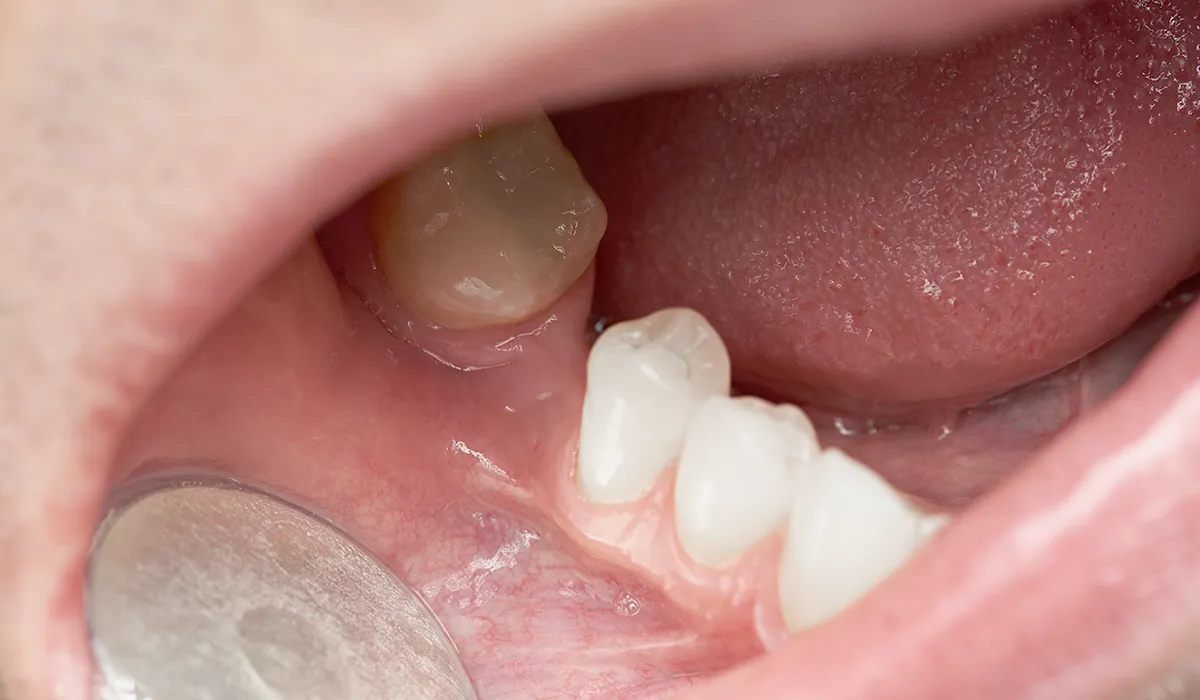
- Shifting teeth: When there’s a gap, nearby teeth tend to drift into the empty space. This can cause misalignment, crowding, or bite problems that may later require orthodontic treatment.
- Uneven wear: Misaligned teeth don’t meet evenly when you bite, leading to excess pressure on certain teeth. Over time, this causes premature enamel wear, cracks, or even fractures.
- Jawbone loss: Natural teeth help stimulate the jawbone. When a tooth is missing, the bone beneath it begins to shrink—a process known as bone resorption, which can change your facial structure and limit future treatment options like implants.
- Increased risk of gum disease: Gaps can trap food and bacteria, making them harder to clean properly. This raises the risk of plaque buildup, gum inflammation, and long-term periodontal disease.
Even if the missing tooth doesn’t hurt or seem urgent, its impact quietly grows, making early replacement and preventive care essential to protect your long-term oral health.
Hitting your oral health and your hip pocket
Many young adults delay replacing a missing tooth due to the upfront cost—which might seem frugal on first consideration. But postponing treatment often comes at a much higher price, both financially and in terms of health.
What starts as a straightforward solution, such as a dental implant or bridge, can escalate into a complex and expensive situation if left untreated. Over time, the surrounding teeth, gums, and bone structure begin to change, making restoration more difficult.
- Higher overall treatment costs, especially if additional procedures like orthodontics, bone grafts, or full-mouth rehabilitation become necessary.
- Fewer restoration options due to bone loss or shifting teeth, which can limit the effectiveness of future treatments.
- More discomfort and longer recovery times, as advanced procedures are often more invasive and take longer to heal.
Early action not only protects your health, it’s often the most cost-effective path forward.
How young adults lose teeth
Early prevention and sound oral health decisions can nip some tooth loss risks in the bud. Know the causes of early tooth loss, and dodge them where you can:
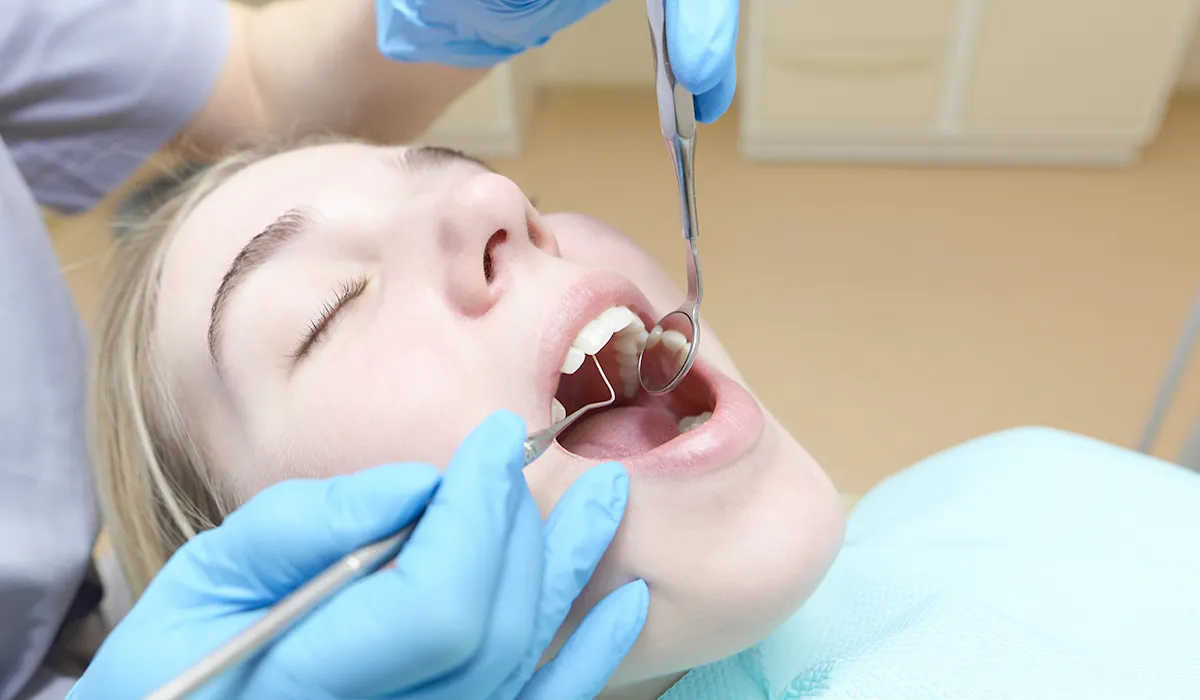
- Trauma or injury, especially from contact sports, falls, or accidents.
- Tooth decay and gum disease, often linked to poor oral hygiene, infrequent dental visits, or high sugar consumption.
- Impacted or poorly positioned wisdom teeth can cause overcrowding, infection, or damage to nearby teeth.
- Genetic conditions or developmental issues that affect tooth size, number, or enamel strength (e.g., hypodontia or enamel hypoplasia).
- Eating disorders (such as bulimia), acid reflux, or chronic illnesses that weaken enamel and gum health.
- Substance use—including smoking, vaping, or drug use—can contribute to gum disease and poor healing.
- Poorly fitted dental restorations or neglecting follow-up care may lead to complications or further tooth damage.
Prevention tips
Simple habits can go a long way in preserving your natural teeth:
- Brush twice a day with fluoride toothpaste and floss daily.
- Wear a custom mouthguard when playing contact or high-impact sports.
- Avoid or limit sugary snacks, soft drinks, and acidic foods.
- Stay hydrated and chew sugar-free gum to stimulate saliva flow.
- Quit smoking or vaping and limit alcohol use.
- Visit your dentist every 6–12 months for a checkup, professional clean, and early detection of issues.
- Address dental concerns promptly—early intervention is key to preventing tooth loss.
Modern missing teeth solutions
Thankfully, losing a tooth doesn’t have to mean living with a gap — today’s dental treatments are more advanced, natural-looking, and comfortable than ever. Whether it’s one tooth or several, modern dentistry offers reliable options tailored to your needs, lifestyle, and budget.
Dental implants: The gold standard for single-tooth replacement. Implants look, feel, and function like a real tooth and help preserve jawbone health. With proper care, they can last a lifetime.
Dental bridges: A practical solution for filling gaps by anchoring an artificial tooth to the natural teeth on either side. Bridges are fixed in place and restore both function and appearance.
Dentures: Ideal for replacing several or all missing teeth. Today’s dentures are more discreet, comfortable, and better fitting than ever before, especially with modern materials and design improvements.
You don’t have to settle for living with a missing tooth. Fast, minimally invasive treatments can restore your smile—and your confidence—at any age. Replacing a lost tooth early can prevent further oral health problems and support long-term wellbeing.
Live fully—especially in your teens and twenties
Losing a tooth in your youth might seem like just a cosmetic issue, but it impacts so much more than your appearance. Eating, speaking, smiling, and even how you see yourself can all take a hit. Over time, it may also lead to more serious dental complications and increased treatment costs.
If you or someone you care about is dealing with tooth loss, don’t wait. Being young doesn’t shield you from its impact—physically, emotionally, or socially. Acting early can protect your oral health, boost your confidence, and help you avoid more serious complications in the future.
Confidence is such a vital part of youth, so make sure you protect it with a healthy, complete smile. Your dentist is in your corner—equipped with the skills and solutions to restore what tooth loss has taken. Reach out today and rediscover what it feels like to smile without holding back.


